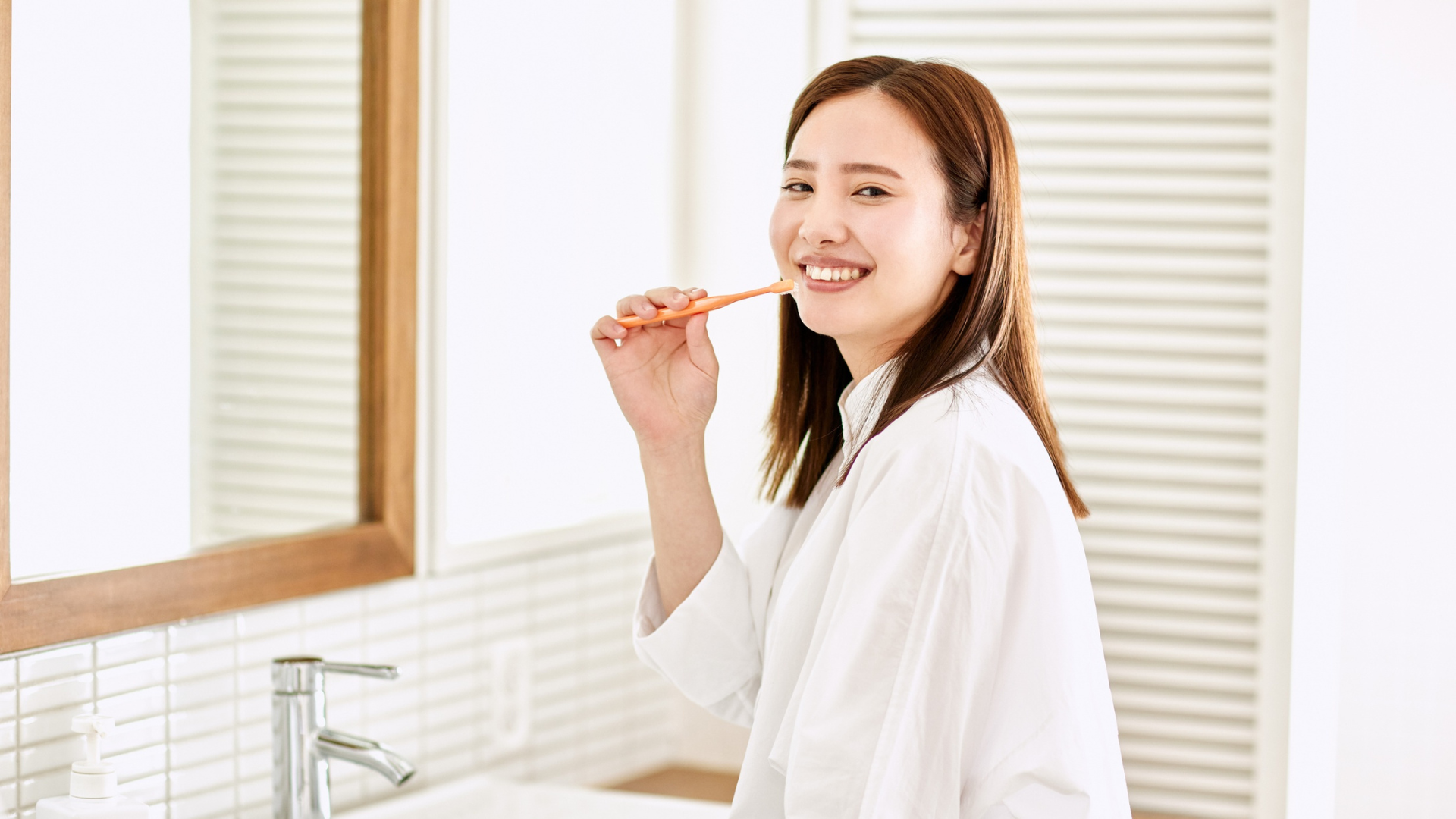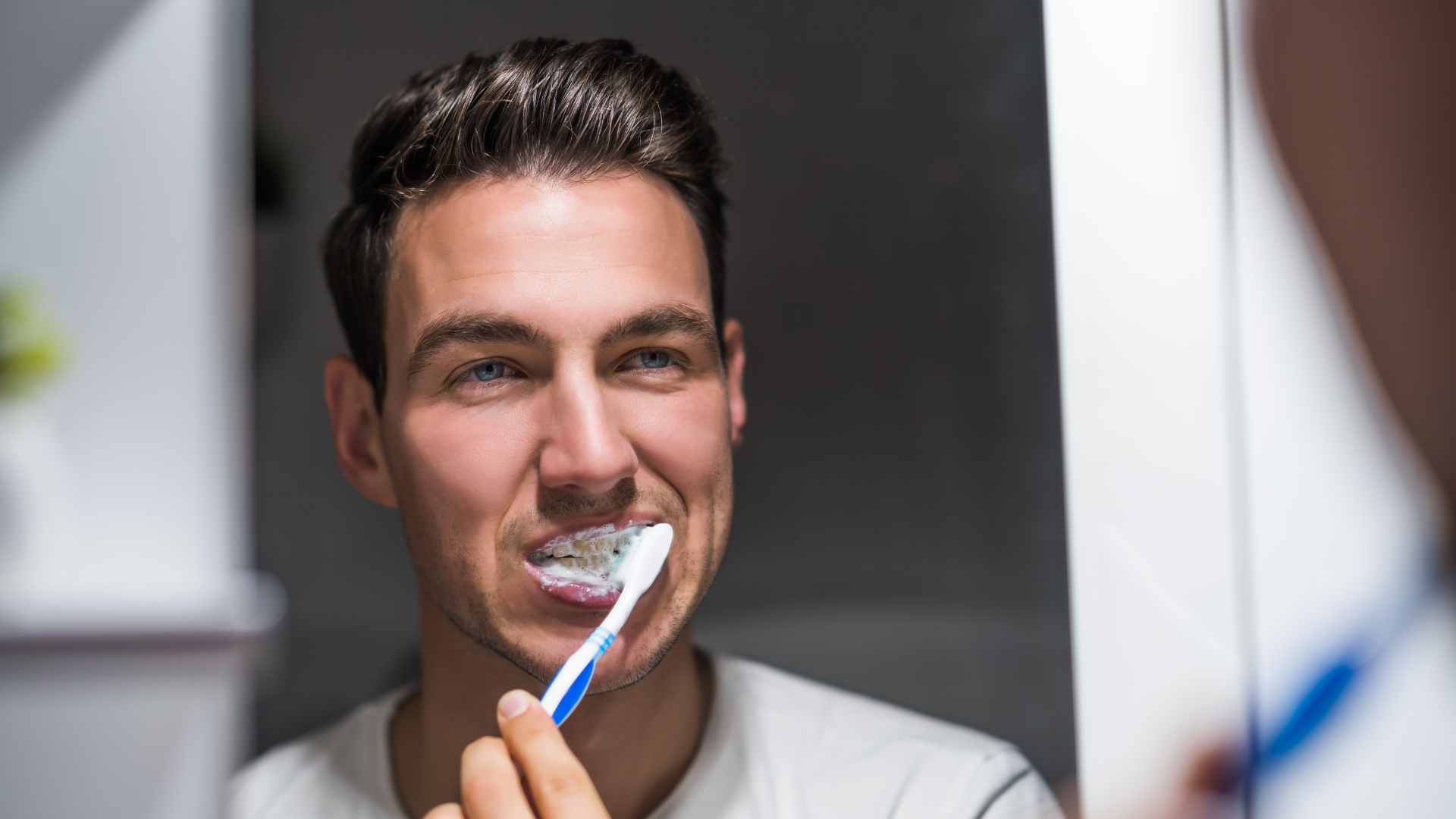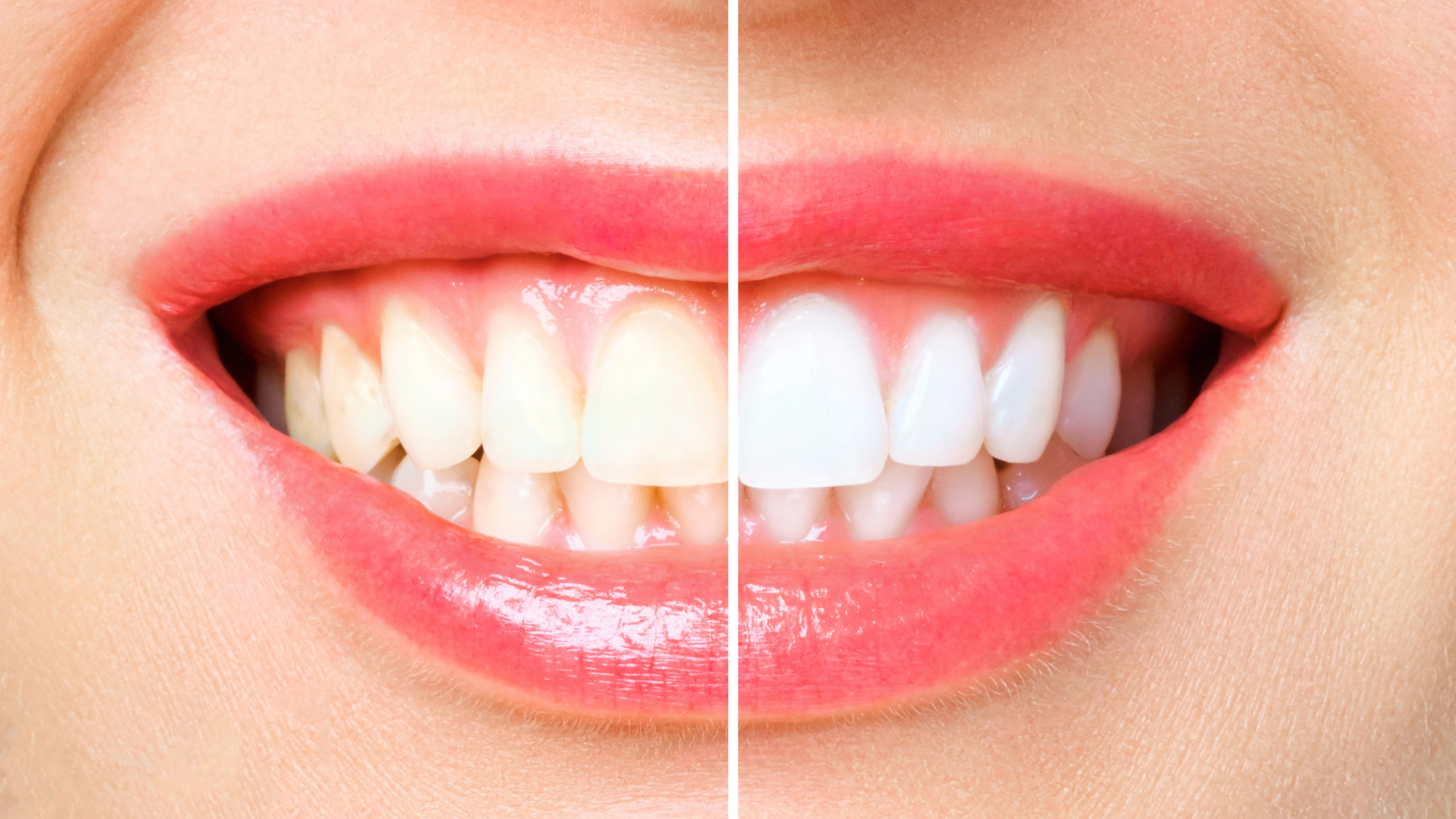Building Healthy Smiles from the Start: Oral Hygiene Tips for New Parents
As a new parent, one of the most important things you can do for your baby is to establish a solid foundation for their health and well-being—starting with their smile. Oral hygiene plays a crucial role in your child’s overall health, and it’s never too early to start caring for their teeth and gums. Here’s a guide to help you establish healthy oral hygiene habits from the start, setting your child on the path to a lifetime of bright smiles.
1. Start Early: Cleaning Gums Before Teeth Appear
Even before your baby’s first tooth emerges, it's important to begin cleaning their gums. Use a soft, damp washcloth or a baby-specific gum cleaner to gently wipe their gums after feedings. This helps remove any milk residue and promotes a clean, healthy mouth. It also gets your baby used to the idea of regular mouth care, making it easier when their teeth start to come in.
2. Teething Tips: Easing the Discomfort
Teething can be an uncomfortable milestone for both babies and parents. You can help ease your baby’s discomfort by offering a clean, chilled teething ring or a cold washcloth for them to chew on. Gently massaging their gums with your clean finger can also provide relief. Be sure to avoid any teething gels or creams without consulting your paediatrician, as some may not be safe for infants.
3. The First Tooth: Time for a Baby Toothbrush
Once your baby’s first tooth appears (usually around 6 months), it's time to introduce a baby toothbrush. Look for a toothbrush with soft bristles and a small head designed specifically for infants. At this stage, use just a smear of fluoride-free toothpaste (about the size of a grain of rice). Gently brush your baby’s teeth twice a day—once in the morning and once before bed—to remove plaque and bacteria. Be gentle, and make brushing a fun, bonding activity to encourage a lifelong habit.
4. Diet and Oral Health: What to Feed and What to Avoid
What your baby eats plays a significant role in their oral health. Offer a balanced diet of fruits, vegetables, and whole grains to support the development of strong teeth. Avoid sugary snacks and drinks, as these can contribute to cavities, even in baby teeth. Limit sugary liquids, especially in bottles, to prevent “bottle tooth decay.” It’s also a good idea to wipe your baby’s gums or teeth after feeding to remove any leftover sugars.
5. Regular Checkups: Early Visits to the Dentist
It’s recommended that babies visit the dentist by their first birthday, or within six months of their first tooth erupting. Early dental checkups help ensure your child’s teeth are developing properly and give you the opportunity to address any concerns. Your dentist can also provide guidance on teething, thumb-sucking, and the importance of fluoride.
6. Preventing Baby Bottle Tooth Decay
Baby bottle tooth decay is a condition where sugary liquids (like milk, juice, or formula) cling to the baby’s teeth for extended periods, often when they fall asleep with the bottle. To prevent this, avoid putting your baby to bed with a bottle, and always clean their teeth or gums after feedings. If your baby uses a bottle for comfort, try filling it with water instead.
7. Setting a Routine
The key to establishing healthy oral hygiene habits is consistency. Make brushing a part of your daily routine, and be patient as your baby gets used to the process. Over time, your little one will become accustomed to brushing their teeth, and it will become a natural part of their day.
Starting early with a strong oral hygiene routine is one of the best things you can do for your baby’s health. By following these tips, you’ll help your child develop a healthy smile that will last a lifetime!











